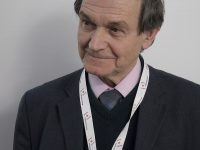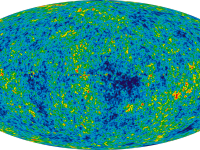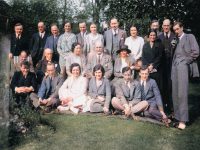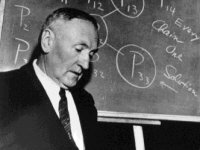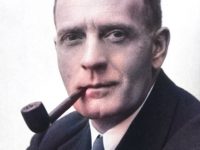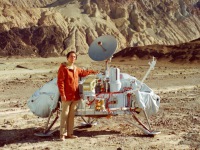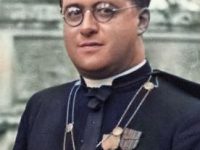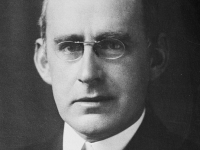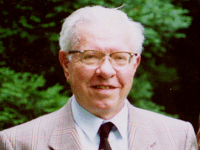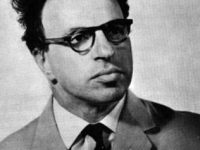Sir Roger Penrose and the Singularity
On August 8, 1931, English mathematical physicist, mathematician and philosopher of science. Sir Roger Penrose was born. Penrose is known for his work in mathematical physics, in particular for his contributions to general relativity and cosmology. In 1969, with Stephen Hawking, Penrose proved that all matter within a black hole collapses to a singularity, a geometric point in space where mass is compressed to infinite density and zero volume. Youth and Education…
Read more

